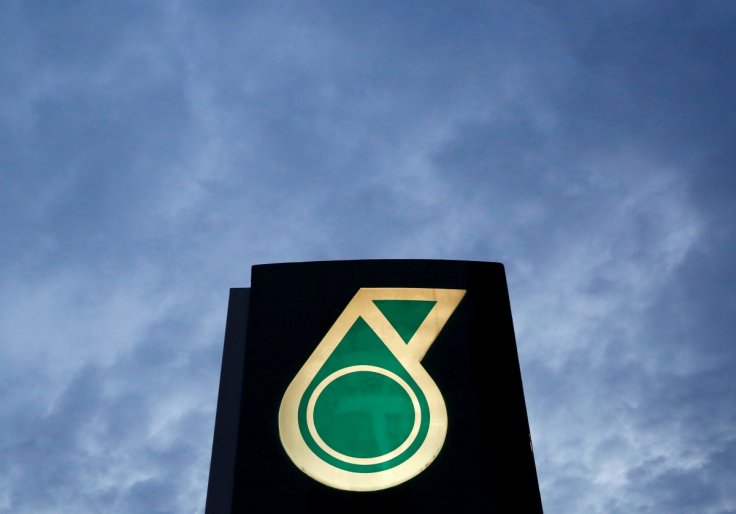
Malaysia's state energy firm Petronas expects to start offering oil products from its new refining-petrochemical complex in April as the project moves toward full commercial production in October, a senior company official said.
The initial products would not meet commercial specification yet as trial runs are still under way, Arif Mahmood, Petronas' executive vice president and CEO of downstream, said on the sidelines of the CERAWeek energy conference in Houston.
"We see the project as something that will be needed to complement growth in the region," he told the conference earlier.
The $27 billion Pengerang Integrated Complex was completed in five years, Arif said. Petronas and Saudi Aramco jointly own the refining complex which has a capacity of 300,000 barrels per day (bpd).
Petronas' refining capacity will reach 700,000 bpd after including its equity stake in the Pengerang complex, while its petrochemical production will grow to 14.6 million tonnes per year (tpy) from 12.7 million tpy currently, he said. The petrochemical complex is expected to start up by late March.
Fuel production from the new refinery will balance Malaysia's gasoline supply and demand, and will allow it to export diesel from the new refinery, Arif said.
The company also is prepared to do "a lot more blending" of oil to meet demand for low-sulphur oil from shippers when new fuel regulations by the International Maritime Organization (IMO) start in 2020, he said.
"For IMO, we'll do a lot more blending and we'll see where the shipping industry goes. We're encouraging people to convert to LNG (liquefied natural gas)," Arif said.
He expects ships to start looking for low-sulphur fuel from October.
Petronas will continue to produce high-sulphur fuel oil at its Engen refinery in South Africa, he said.
"We'll find demand in some markets and we'll blend," Arif said, adding that Petronas could also tap its heavy sweet crude production in South Sudan and Chad to blend with fuels.








